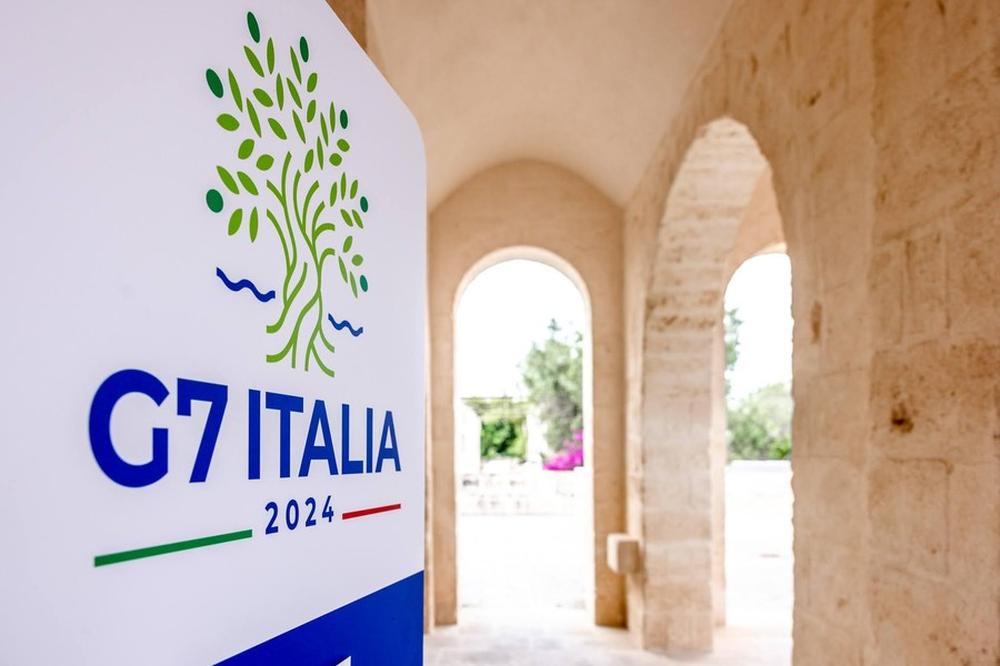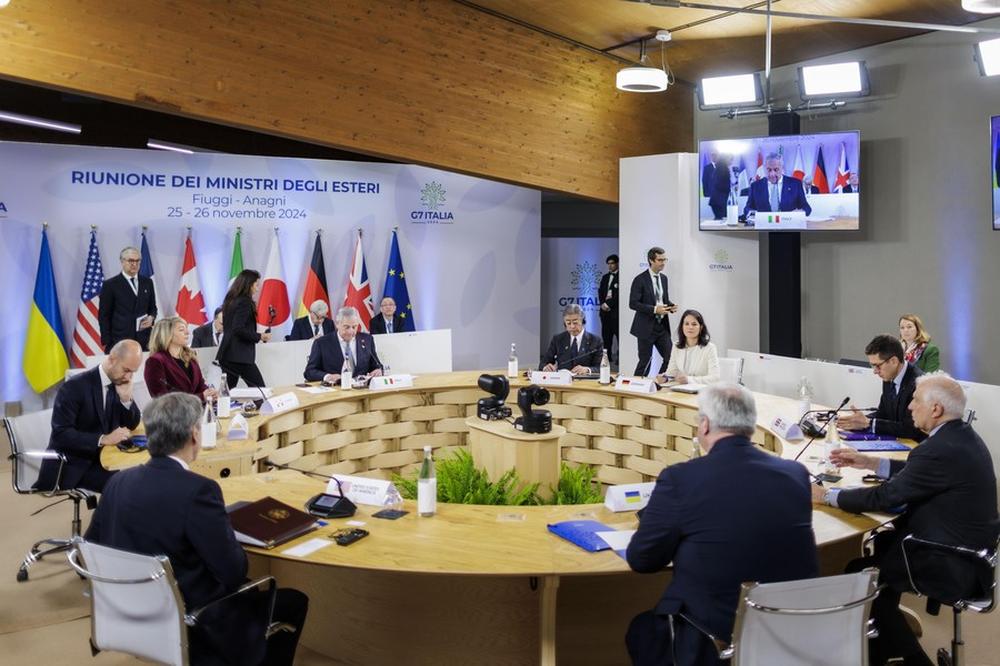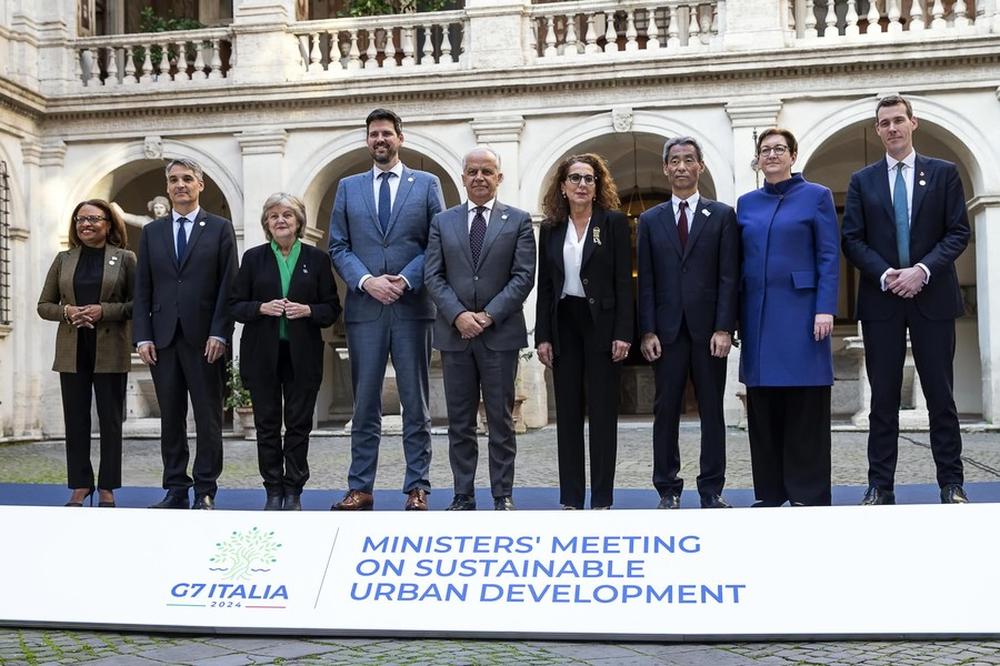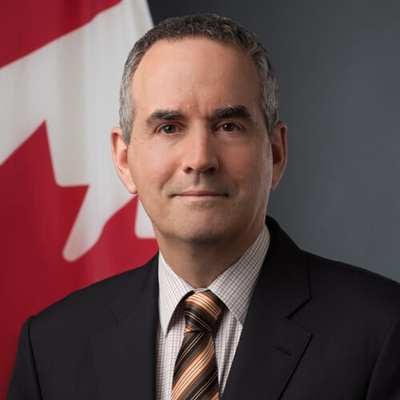
- #Global Issues
- #Multilateral Relations
- #South Korea
- #US Foreign Policy
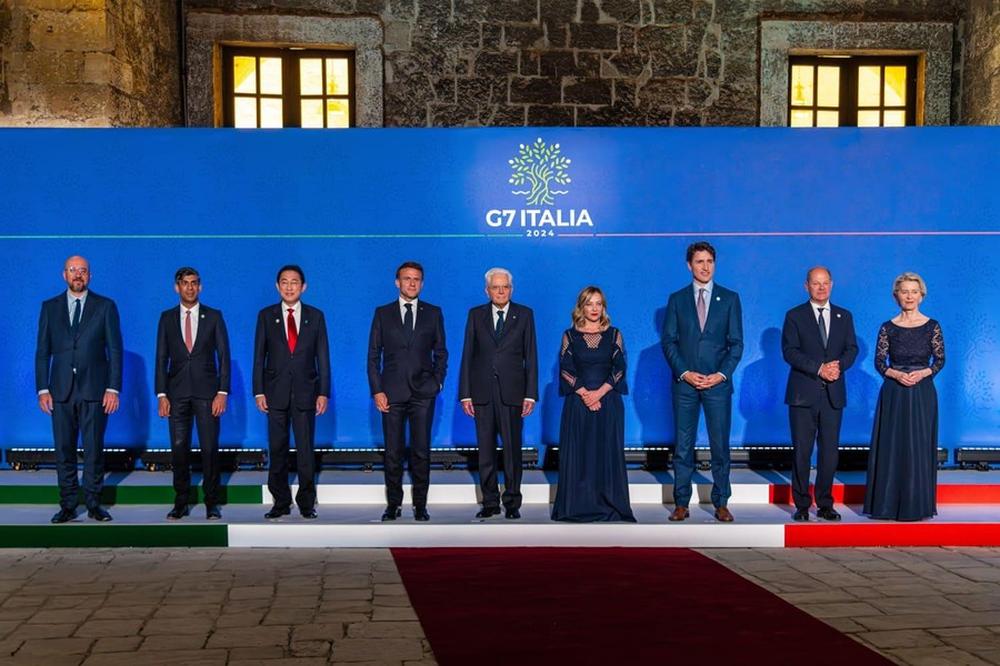
► G7 Summit Challenges: The 2025 G7 Summit, hosted by Canada, will face leadership changes, Trump’s unpredictable policies, and global governance challenges amid growing competition from blocs like BRICS.
► Korea’s Membership Hurdles: Korea and Australia are strong Indo-Pacific candidates for G7 expansion, but Korea’s political instability and democratic setbacks, including perceptions of weakened democratic credentials and unresolved political divisions, could complicate its candidacy. Relations with China and Japan and consensus among G7 members remain additional hurdles.
► Strategic Importance: Expanding G7 to include Korea could strengthen its global role, counterbalance China, and reinforce middle-power diplomacy. However, careful management is essential to address concerns about stability while maintaining G7’s focus and cohesion.
When “summit season” concluded in November, thoughts turned to the G7 leaders’ meeting, which Canada will host in June 2025.
The backdrop to the G7 Summit may prove messy. The United States will be represented again by President Trump, remembered in Canada for a disruptive role at the last Summit hosted there (2018). Other leaders will debut, too. G7 is a club of democracies, of course. Changes in leadership are usual and expected, but this time will probably feel different.
The Summit agenda will be well marinated in its lead-up and seek to be aligned to ongoing sets of commitments. G7 members recognize the key role of the United States, and, while some clarity might be forthcoming by then to the new administration’s foreign policy approach, there should be readiness for a return to unpredictability. For one, Trump’s mercantilist trade approach is misaligned with the group’s past direction. During Trump 45, US withheld agreement to the 2018 G7 communique, against the reality of US hikes on steel and aluminum tariffs. Other issues of G7 leadership - climate change, AI governance, the values-based international agenda, Ukraine (!), etc. - could also face headwinds from US “transactionality”, policy shifts and Washington’s potential waning interest in traditional alliances.
That would not be in the broader interest of an effective G7. Global governance faces challenges unseen since before the post-WW2 creation of the UN institutions, with decision- making fractured. For one, efforts to reform the WTO (in which Canada and Korea play a role) are stalled. G20 has failed to bring the unity of purpose once hoped for. New institutions are emerging, such as BRICS, seeming to represent a rival caucus to G7, at least for large parts of the globe. The G7 nevertheless still represents a channel for clearest global impact, economic and otherwise, even if in relative decline. Moreover, G7 boasts a unity in character and identity (market-oriented, open and liberal-democratic), producing cohesive agendas and relative nimbleness. Time will tell whether G7 can further consolidate and survive internal and external challenges it may face. Nevertheless, in its current form it can still demonstrate greater agency than BRICS, with its more diverse membership and its own challenges of purpose and integration.
Will that premise alone convince Trump 47, and how will the latter manifest in its agenda? There are many questions about a new Trump foreign policy, but a focus on China seems a priority. While G7 is not a defense grouping, “per se”, economic security is a vital common bond. Korea (and Australia) seem to fill a role which US could see for partners in the region, but this like-mindedness could risk being undercut by Trump transactionality, nor would it be seen in Washington that G7 membership is essential for either.
Conventional analysis suggested that G7 was strengthened by (mostly) common purpose, but also that benefits would come from a measured expansion of membership, deepening perspectives and impact, particularly from a regional (Indo-Pacific) context. There are precedents for such vision. In 1996, Korea was admitted into the OECD, strongly supported by Canada, largely to reflect the arrival of Asia-Pacific economies of that day. This started to puncture a wider perception of such groups being Euro-Atlantic “clubs”.
G7 conventionally represents the “big economies”, with all seven current members near the global apex, and among its biggest traders and investors. In this context, potential Indo-Pacific candidates Korea (and Australia) seem to offer credentials roughly equivalent to those represented by current members Canada and Italy, and with far greater impact in the crucial Indo-
Pacific region. Both candidates have also demonstrated leadership on global issues, should this be a decisive factor in their membership.
Quite apart from Trump 47 views on G7, an obvious question is the wider appetite of current G7 members for such expansion. Indeed, G7 has a history of growth, both successful and unsuccessful. The recent “expansion” of BRICS could spur some G7 urgency on matching, perhaps even from Trump 47.
Still, members should agree that candidates be few, allowing continued focus. BRICS members which might otherwise “qualify” as democratic and economically significant would seem unlikely in the present context. European members could be expected to advocate for the likes of Spain or Poland. It may surprise if the incoming US administration were to make a case for Mexico, as Trump 45 did for Korea, Australia, Turkey and Brazil (and, quixotically, Russia). This might leave the Indo-Pacific as the best consensus for expansion. Increasingly the fulcrum of global economic activity, and a main theatre for contrast with China-led communities, most G7 members have launched Indo-Pacific strategies.
The preoccupations of European members may mean Canada emerging as the clearest voice supporting Korea (and Australia) in G7, along with (perhaps) the UK. The runway for such support is far from certain. Two recent G7 hosts (Germany and Italy) did not offer invitations to either candidate. While Canada can and should invite the two as guests, permanent membership would need to be by consensus. US views loom large, and Canada’s ability to push will be hampered either by its own “lame duck” or transition leadership, among other issues.
Protracted political instability in Korea would come at an awkward time in a potential candidacy. While G7 should be a national ambition, and there seems some evidence of a bipartisan interest, the push for membership was very apparent during the Yoon administration and may have come to been associated with it. A change in administration may reignite debates in Korea as to G7 membership, particularly if a subsequent administration decides to “re-balance” relations with Beijing. One might expect China’s cold eye on Korea’s G7 ambitions. Equally, a change in administration could jeopardize rapprochement with Tokyo, which would effectively stymie any potential support of Japan for the proposition.
A further impediment might be a protracted political transition in Korea, which would lack the resolution to pursue what is an uncertain and likely difficult proposition for 2025. Despite the successful withdrawal of martial law early on 4 December, Korea’s credentials as a democracy have suffered some damage in international eyes. When you are a candidate, it hardly matters that political instability has also impacted current G7 members. There will be an expectation among friends that Koreans address the roots of this instability, including its political culture. In this case, it may even be attractive for G7 members to use membership as an incentive for real change. All of that is clearly beyond this brief and will require significant national commitment.
Otherwise, Canada’s unequivocal voice supporting a stable Korean democracy in G7 appears strongly in our own interest and reinforces bilateral efforts toward redefining middle power diplomacy, as well as further building of a like-minded North Pacific community.
If Korea is to join, it should be a moment of national prestige. It will mean Korea’s contribution to leadership on global issues, producing outcomes aligned to its national interests. As an open, trade-dependent economy, these should be apparent.
With so much global uncertainty, Korea should ultimately be made welcome to G7 and to contribute to addressing critical global issues. Korea increasingly has much to offer, and its friends should recognize this fact. But Korea has many choices to make, and G7 membership may only represent a milestone for these more fundamental decisions.

Michael Danagher served as Canada’s Ambassador to the Republic of Korea from 2018 to 2021 and held multiple diplomatic posts across Africa, Asia, and Europe. Over a 30-year career with Global Affairs Canada, he focused on trade policy, regional economic relations, and intergovernmental collaboration, including roles as Director-General for Regional Trade Operations and Senior Trade Commissioner in Hanoi and Budapest. He holds a BA from the University of Ottawa and an MBA from McGill University.
